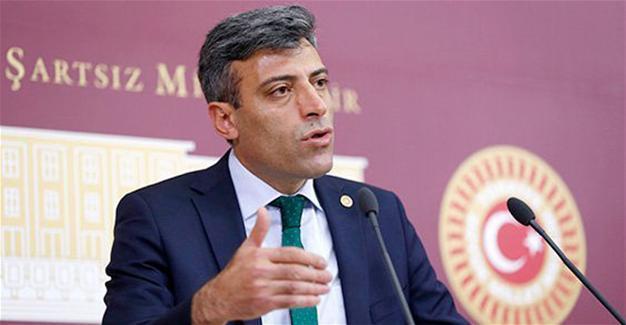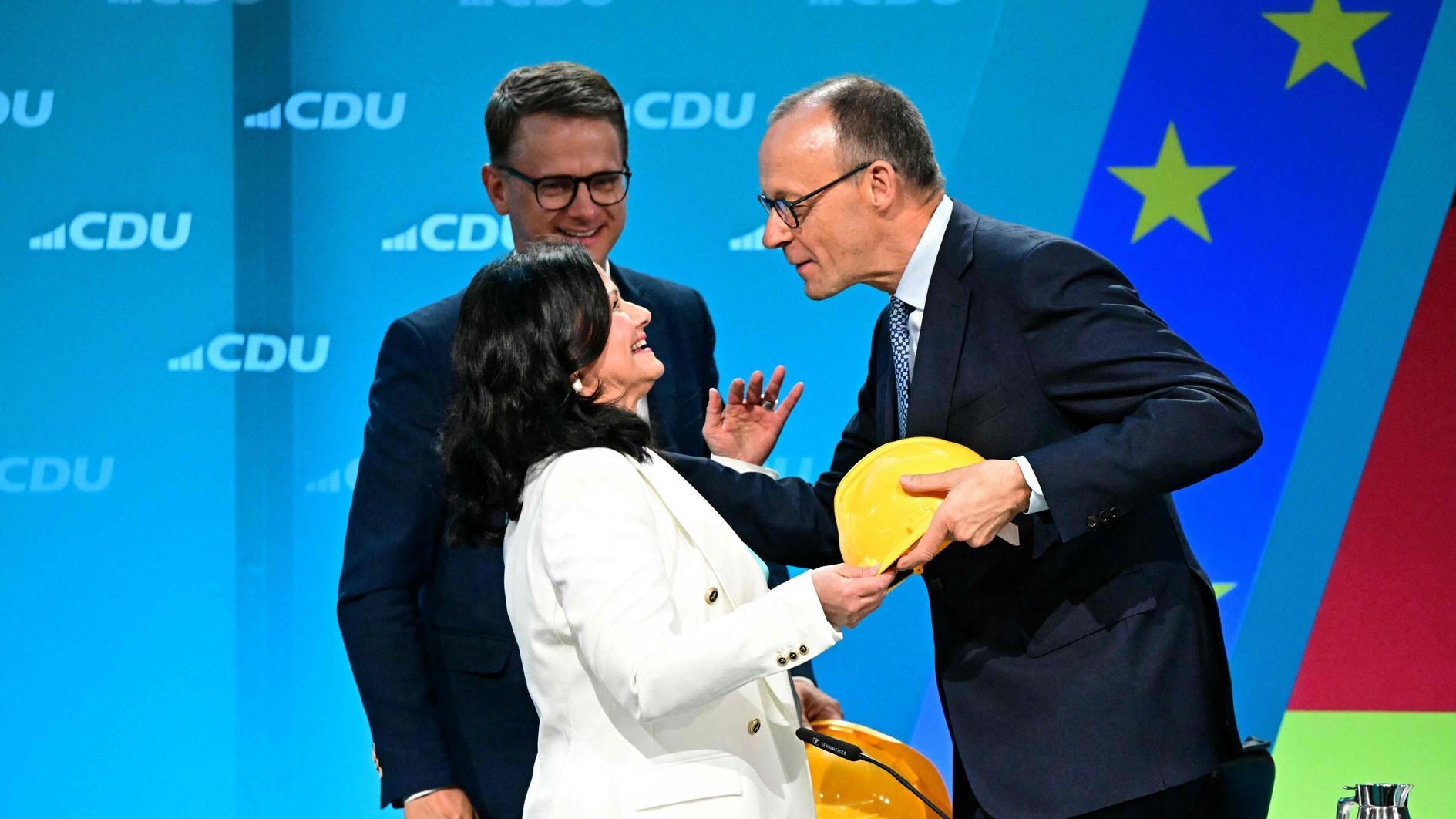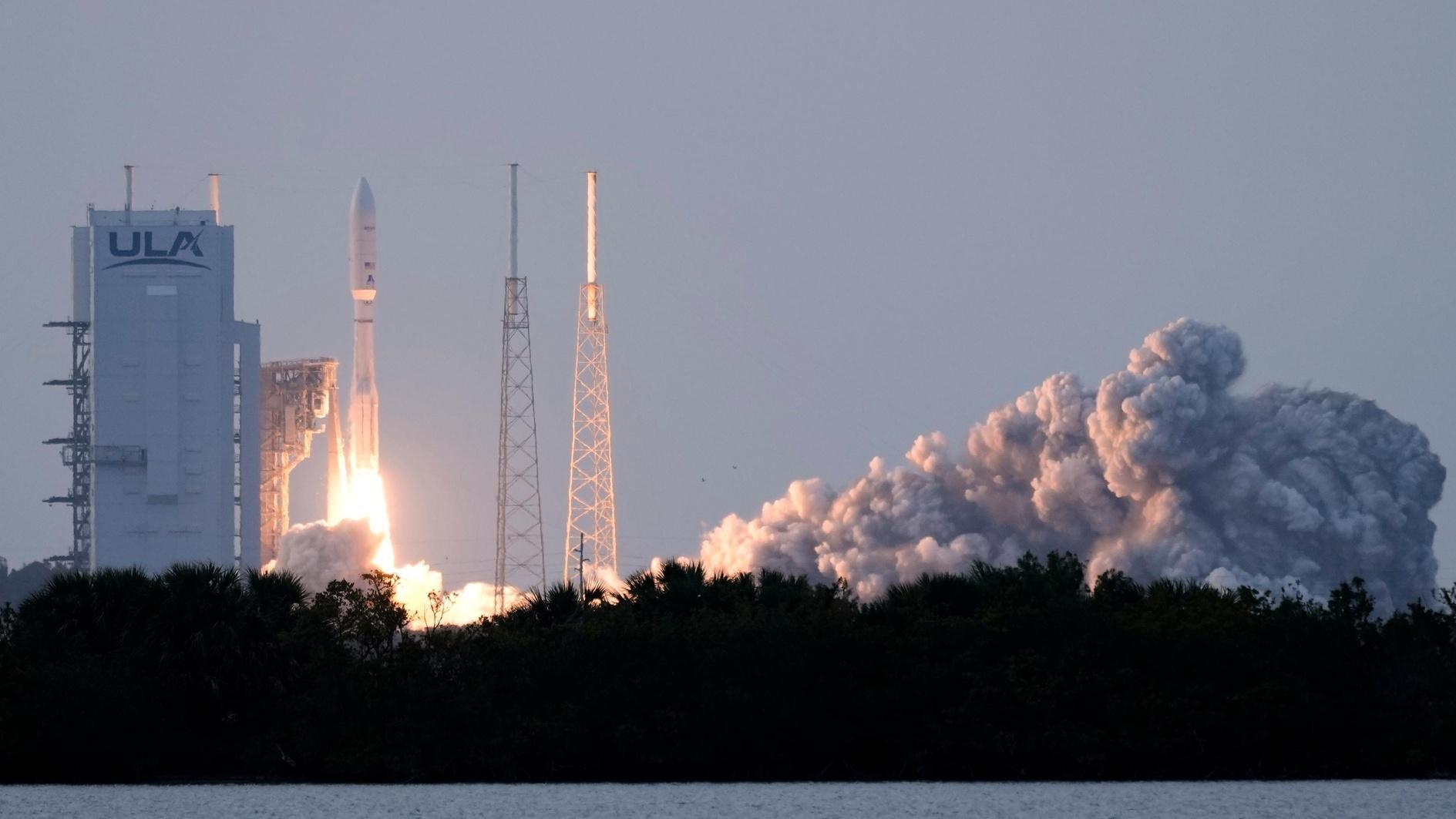Main opposition CHP offers non-PKK path for PYD relations
Cansu Çamlıbel – WASHINGTON
 If the Democratic Union Party (PYD) condemns the outlawed Kurdistan Workers’ Party (PKK), it may provide a way for Turkey to open a channel with the group that is cooperating with the U.S. in Syria, main opposition Republican People’s Party (CHP) Deputy Chair Öztürk Yılmaz told reporters in Washington over the weekend.
If the Democratic Union Party (PYD) condemns the outlawed Kurdistan Workers’ Party (PKK), it may provide a way for Turkey to open a channel with the group that is cooperating with the U.S. in Syria, main opposition Republican People’s Party (CHP) Deputy Chair Öztürk Yılmaz told reporters in Washington over the weekend.Yılmaz was in Washington 10 days after the visit of President Recep Tayyip Erdoğan.
“U.S. officials are trying to give the impression that the cooperation with the PYD is just tactical and temporary. They are trying not to alienate Turkey. We say this: If the PYD says ‘I condemn the PKK and do not support its activities, I have no ties to the PKK,’ this could prove a way forward,” he said, pointing to Ankara’s relations with the Kurdistan Regional Government (KRG) in Iraq as a possible model.
“We opened a separate channel with the KRG in Iraq because it condemned the PKK. Why should not there be the same thing in Syria? If the Syrian people want to have an autonomous structure, it could facilitate that region’s relations with Turkey. But only on the condition that the PYD cuts its relations with the PKK,” Yılmaz said.
In Washington he met with Shannon Culbertson, who is responsible for Turkey in the White House, as well as Mark Libby, the director of the Southern Europe department in the U.S. State Department. Yılmaz also held talks with a number of lobbying groups.
Speaking to the Turkish press at the end of his talks, Yılmaz said a “new identity” is being attributed to Turkey.
“They use the term the ‘Erdoğan regime’ just like al-Assad regime. One of the most frequently asked questions was: ‘Do you have a strategy to keep the 49 percent together leading to the 2019 [presidential election],’” said Yılmaz, referring to the 49 percent garnered by the “no” camp in the April referendum on shifting to an executive presidential system.
The CHP deputy chair also noted that there had not been any agreement during Erdoğan’s visit to Washignton on the issue of extraditing the Pennsylvannia-based Islamic preacher Fethullah Gülen, accused by the government of orchestrating the July 2016 coup attempt.
“They say ‘Gülen will not be returned to Turkey,’” he said.
















